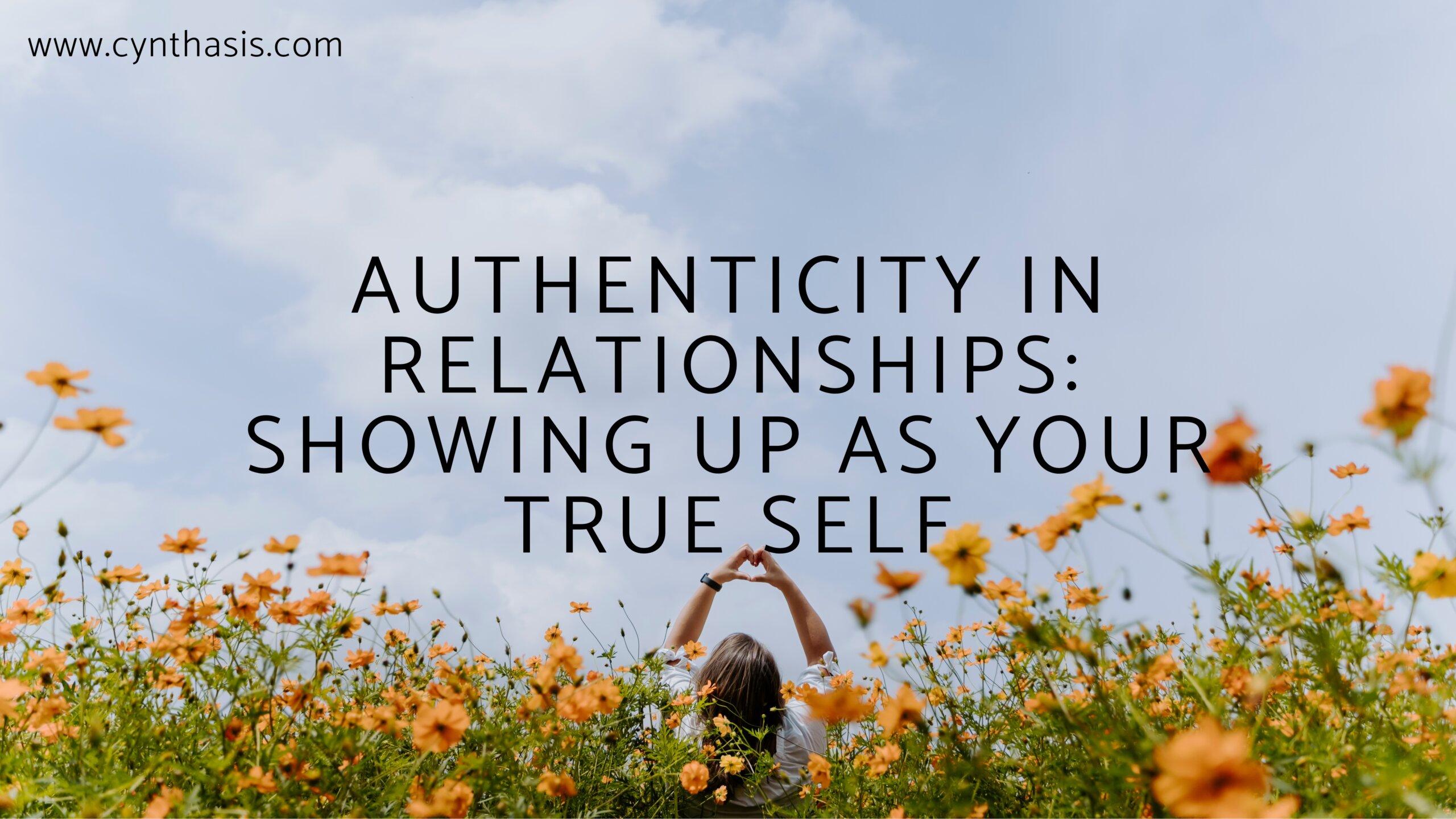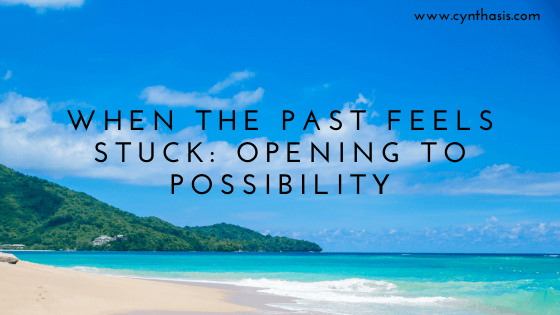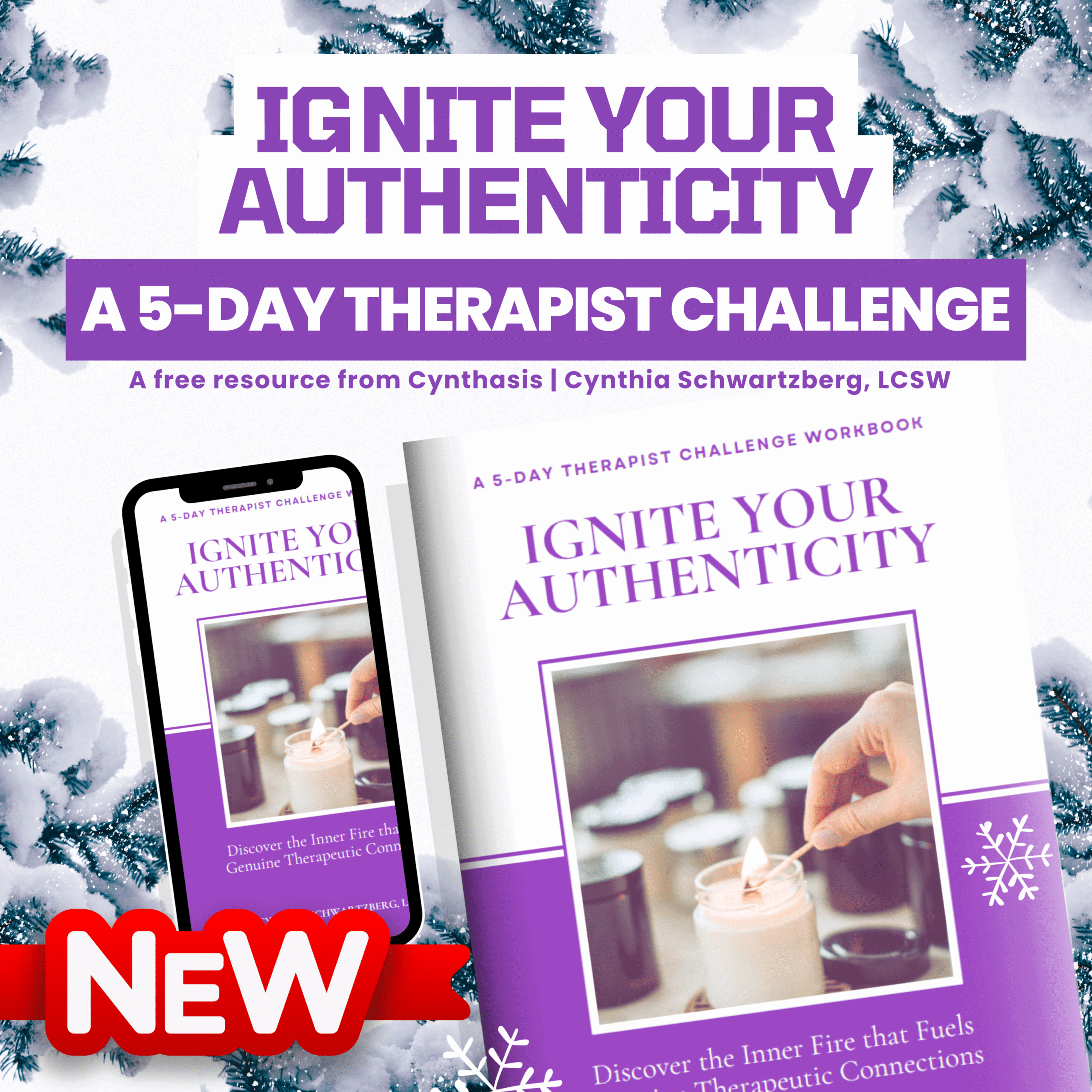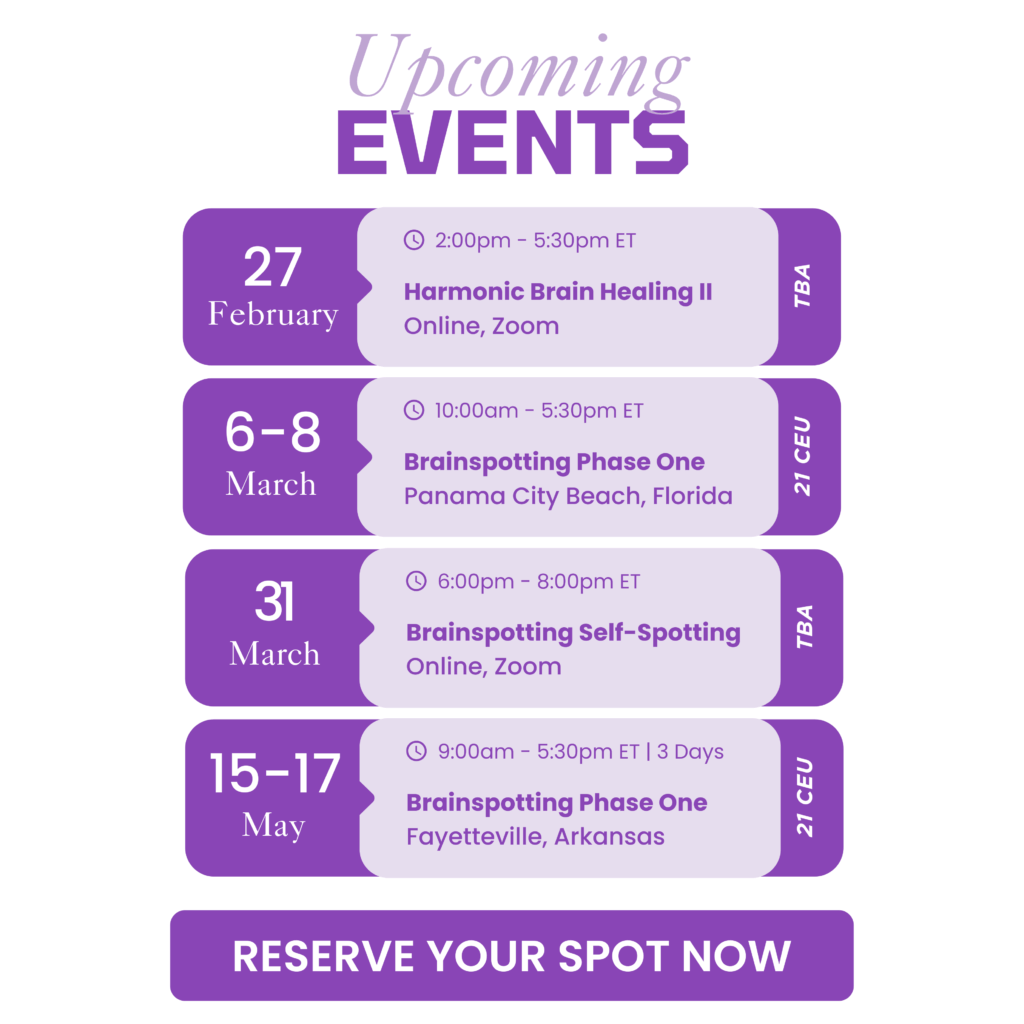Authenticity in Relationships: Showing Up as Your True Self
As the weather warms up and the days grow longer, I find myself taking longer walks, seeing neighbors out in their gardens, or hanging out at the neighborhood park. I notice I am taking more spontaneous pauses to chat versus the quick winter wave. Just yesterday, I stopped to admire a neighbor’s dog and ended up in a twenty-minute conversation about everything from New York to their new house. There’s something about spring that invites new and deeper connections. It offers the perfect opportunity to reflect on our intimate relations and what is most needed: authenticity, vulnerability, and a fresh new approach to keep it vibrant and alive this spring.
It got me thinking about how relationships, like seasons, go through their own cycle. Sometimes we are in in full blossom, present, connected, and engaged And, then there are those cold rainy days when we withdrawn and hunkered down.
Let’s get curious about the differences and see how bringing more authenticity can transform our connections from good to extraordinary. To start, ask yourself:
- Are you tired of surface-level conversations with your partner or others?
- Do you sometimes feel unseen or misunderstood, even by those who are supposed to know you well?
The Power of Being Real
I believe what makes the difference between good to extraordinary relationships is authenticity – that willingness to be real with ourselves and each other. It means showing up without masks, pretense, and without the weight of who we think we should or ought to be. When we are authentic, we are far beyond the social-media version of ourselves. We are willing to be messy, imperfect, and honest. We show up with or without makeup, with or without five edits to what we are trying to say. We stumble, fall, and pick each other up. The magic happens when we drop the pretense.
Tools for Getting Real
- Speak openly about thoughts and emotions without fear of judgment or judging – Pausing before we speak so we say what we mean without saying what it means.
- Share needs and desires, knowing your partner is listening with care -The need to have space, ask for support, and share our passion.
- Navigate conflicts with honesty rather than avoidance or defensiveness -There are no winners and losers. We speak beyond power struggles
- Experience emotional security, without wondering if your partner truly knows you – Feeling the trust we can release the need to worry about being rejected and the fear of whether we are loved or not. The foundation of the relationship becomes love.
Transforming scenarios:
Dinner conversation: How was your day? Instead of saying, “Everything was fine” Share honestly, “I felt really excited today because I didn’t feel pressured to meet a deadline. Things at the office are easing up. I actually had a lunch hour and went out with…” This level of honesty invites closeness and allows each person to respond with joy, support, or empathy based on what was shared. It also leaves space for the other(s) to share more honestly.
Friend check-in: Instead of the automatic “Let’s get together soon!” acknowledge the reality of what you can and cannot do: “I’ve been feeling overwhelmed lately and need some downtime, but your friendship means a lot to me.”
Why We Hide (Even From Those We Love)
So, if authenticity feels so good, why do we struggle with it? What I noticed for myself and others is fear:
- Fear of being judged or rejected- Am I too silly? Overreacting? Worried I will be told not to feel the way I do.
- Fear of conflict or disappointing others- Speaking up will cause me to be punished, yelled at, or dismissed.
- Fear of being too much—or not enough
These fears can cause us to hide parts of ourselves, agree to things we don’t truly want, or suppress emotions that need to be expressed. Over time, this can lead to building up walls and resentment followed by breakups, divorce, unwanted fighting, possibly illness, disconnection, or loneliness even in the relationship.
While you are reading this fear may be saying to me, “But what if my partner can’t handle my truth?” I would say from my experience it is worth the challenge because the price we have to pay for not can be too high. As relationship researcher Brené Brown notes, “Vulnerability is the birthplace of love, belonging, joy, courage, empathy, and creativity. It is the source of hope, empathy, accountability, and authenticity. If we want greater clarity in our purpose or deeper and more meaningful spiritual lives, vulnerability is the path.”
And, as we started with spring we can learn trust from nature. Nature trusts the seasons and prepares for each one. So too we can start to trust authenticity, start with small seeds, and let it grow. Create the space and see what takes root.
Learning to Be Present (Not Perfect)
The other day while speaking with my friend, I caught myself only half-listening. As soon as I caught this I started to ask more questions about what they were saying. I saw their face and voice shift. The quality of our connection immediately deepened. Her excitement and engagement lifted. I got to learn more about her.
Authenticity in the Digital Age
Authenticity can get lost online. This creates challenges and opportunities. Consider:
Voice notes: Context and tone get lost in text messages. Voice notes can convey your emotions and intentions a bit stronger.
Social media in and out of the relationship: Discuss what is right for both of you and the relationship. So often I hear people in fights about what one or the other did on social media. Keep the topic clean and alive as necessary.
Video calls are great but when you start to get distracted you lose the connection. Stay present and pick times that work for all parties.
There is nothing like the real face-to-face, especially when it comes to our nervous systems.
The Flow of Connection: Coregulation and Being in Sync
When I re-entered the dating scene, many spring seasons ago, I realized how crucial our senses and nervous systems are in building relationships. Attraction often transcends logic because it is based on our basic sensory experiences. Resources like “InSync with the Opposite Sex” by Alison Armstrong and others taught me that being in sync with a partner fosters a natural connection, deepening trust and emotional safety. David Deida was a great source for insights to go beyond the power struggles emphasizing the importance of presence and authenticity in relationships. Additionally, the work of Stan Tatkin on coregulation, a neuroscience concept to reference the natural attunement between people was key in understanding how partners can harmonize their nervous systems and become “anchors” for one another. I learned the more I worked on myself and processed the anxiety from past relationships the easier it became to be coregulated with my partner leading to a more harmonious and fulfilling connection. It has been very fruitful.
Spring Cleaning for Your Relationship
So, let’s open the windows, bring in the fresh air, and try some new or old familiar ways to spiff things up.
The Honest Moment – Once a week, find a comfortable place and take turns sharing three questions:
- Something you haven’t told the other
- What you need more of in the relationship
- What have you appreciated lately about the other
Really listen – Put down the phone, turn away from the screen, and actually absorb what your partner is saying. I’ve found that repeating back key phrases helps me stay present: “What I hear you saying is…”
Ask questions that matter – Instead of “How was your day?” try “What made you smile today?” or “What was challenging for you today?”
Pause before responding – I’m still working on this one! When my partner shares something difficult, my instinct is to jump in with a solution or reassurance. But often, a thoughtful pause creates space for deeper understanding.
Acknowledge feelings – Even when I disagree with my partner’s perspective, I can validate his feelings. “I can see why that felt dismissive to you” goes a long way toward making him feel understood.
Own your feelings – Using “I” statements has transformed our tough conversations. Instead of “You never help with dinner,” I try “I feel overwhelmed and unappreciated when I’m cooking alone after a long day.” It’s amazing how much less defensive the response is.
Morning and Evening Bookends
The Curious Voyage to Authenticity Journal offers short daily reflections designed to deepen personal insight. Incorporating these reflections into your routine and sharing them with others can enhance connection and help anchor us amidst our busy, sometimes chaotic day.
Embracing the Journey of Authenticity
Authenticity isn’t about being perfect; it’s about being real. When we give ourselves and our partners permission to show up as we truly are, we create a love that can weather all seasons.
Remember that becoming more authentic is a practice, not a destination. Some conversations will flow easily; others might feel uncomfortable. What matters is the commitment to showing up, being willing to fall, and knowing each moment contributes to your authentic journey.
Ready to transform your relationship through authentic connection? Explore “The Curious Voyage to Authenticity,” our 8-week online course featuring video lessons, guided exercises, and community support.








